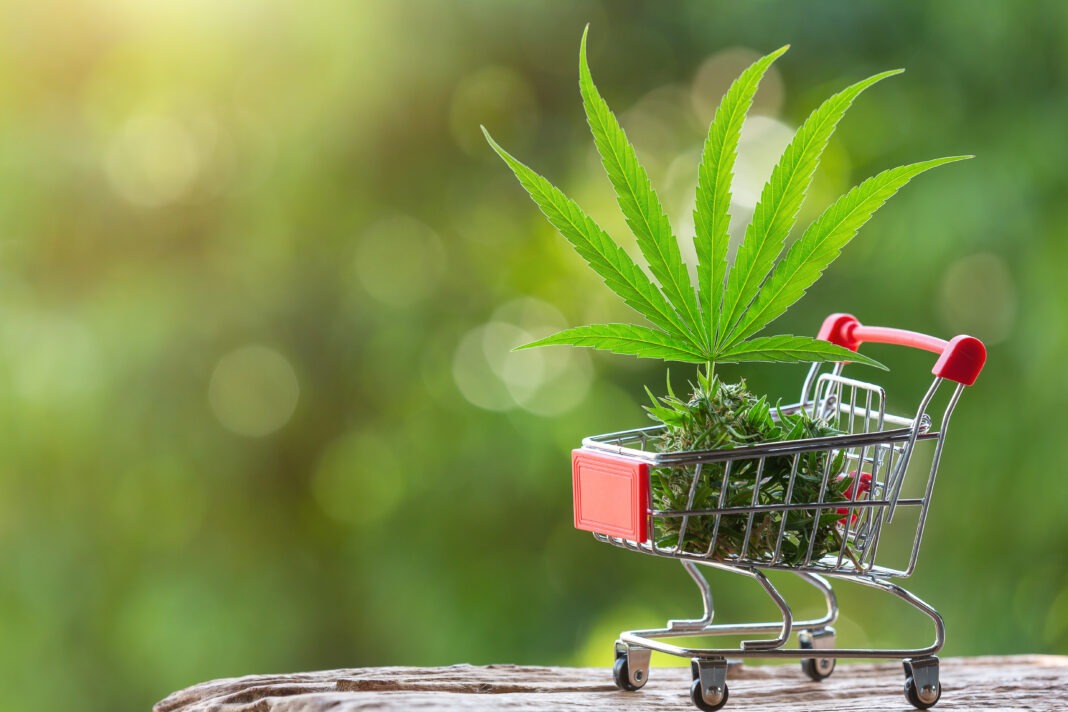India. New Delhi. The word ‘Canvas’ is derived from the word Cannabis (made of hemp). Industrial Hemp, commonly referred to as Hemp is widely available across various states in India. Hemp grows naturally in India and considered as a traditional crop.
It is one of the earliest cultivated crops and was used to produce food, clothing and so on. The use of industrial hemp in medicine, food, oil and textile has the potential to change the economic curve of the country.
It can be used as an alternative for cotton. The fibre obtained from the plant can also be used to manufacture paper products, bag, ropes and fibreglass. It also has anti-bacterial properties and it is more UV resistant as compared to other fabrics. Another interesting fact is that cannabis can be an alternative source of biofuel.
Entrepreneurs hailing Hemp
Navdeep Kaur, a Bangalore based designer observed her newborn’s discomfort with synthetic fabric. Her daughter would develop rashes due to the synthetic fabric used for the clothes. Being a mother, this certainly became a matter of concerns for her to decide on which fabric to choose to give comfort to her baby. Kaur spoke to other women about this and figured out that their requirements don’t differ from her. They also needed to opt for a better alternative for their kids’ comfort. Realising the need and identifying an opportunity, Navdeep started conceptualising the kids clothing line. After thorough research about the natural fabrics like hemp and cotton, she launched her start-up ‘Aagghhoo’; the name refers to a happy gurgling sound that babies make.
Apart from cotton, she uses fabrics derived from natural fabrics like hemp. Material for her clothing line is directly sourced from weaving communities across the country. The sourced material from Madhya Pradesh, Karnataka, Tamil Nadu, and Gujarat are also empowering over 500 livelihoods.
Another company promoting Hemp clothing is Bombay Hemp Company BOHECO under its brand B Label. Their vertical ‘Hemp Fabric Lab’ supplies fabrics to businesses that are keen on manufacturing hemp-based products.
India’s stand on Industrial Hemp
Over the past few years, there is an upsurge in the interest and demand of hemp-based products. However, the journey of traditional Hemp to Modern Hemp culture is full of complexities. Industrial hemp has been linked to Marijuana based on the visual similarities between them. Industrial hemp typically contains 0.2-0.3 % Tetrahydrocannabinol (THC) whereas Marijuana contains around 4-5 % THC which is considered as high THC level. THC is the psychoactive ingredient in marijuana that makes some cannabis varieties a valued drug.
Industrial hemp is high in fibre and low in active tetrahydrocannabinol (THC). However, the cultivation is strictly controlled in India. Under the Narcotic Drugs and Psychotropic Substances (NDPS) Act of India, ‘cannabis’ and ‘hemp’, both the terms are used as examples of ‘narcotic drugs.’ The Act also bars the cultivation of the cannabis plant in India and allows it mostly for research purposes. Cannabis cultivation in India is the state government’s affair. One needs to obtain a cultivation license from the state government to cultivate cannabis. Due to the strict guidelines, acquiring a licence is certainly a cumbersome task. Only two states Uttarakhand and Uttar Pradesh have come up with official guidelines. Uttarakhand recently became the first state to provide the licence to an association for cultivation of cannabis for a pilot project.
Also read: Handling India’s Biomedical Waste Crisis
The challenges haven’t stopped Indian businesses from exploring the potential of this plant. It serves a great market opportunity for the new age of Indian entrepreneurs. The multimillion-dollar crop is grown widely in India can disrupt the market dominated by countries like China and Germany.



